Farmers face soaring silage plastic recycling costs or closed doors at bring centres as collectors struggle to move last year’s stockpiles.

Ronan Smith of Smiths farm hopes to have the plastic moved by April. \ Thomas Hubert
The Government-approved scheme Irish Farm Film Producer Group (IFFPG) has increased this year’s fees from €15 to €20 per half tonne delivered, and from €40 to €45 per half tonne collected.
The levy on plastic suppliers is also up from €110 to €140/t, equivalent to a 75c increase per roll of wrap likely to hit prices.
IFFPG general manager Liam Moloney told the Irish Farmers Journal that China decided one year ago to stop importing plastic waste.
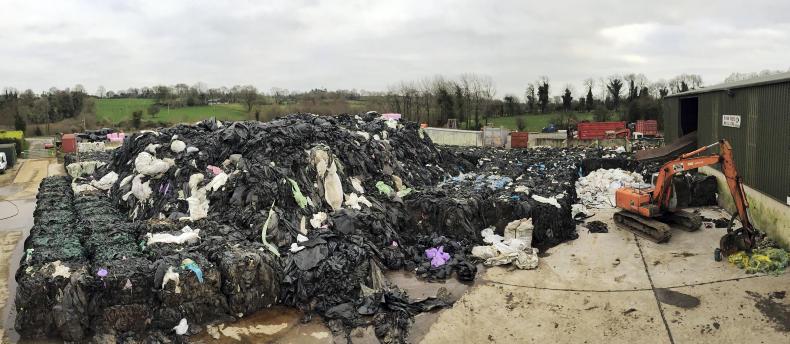
Two thousand tonnes of plastic stockpiled on Ronan Smith’s farm in Ballyjamesduff, Co Cavan.
While Irish farm plastic was never sent to China, the record 30,000t collected last year is now competing with other waste for access to the EU’s under-sized recycling industry.
“Up until last year we were getting paid for plastic,” said Moloney. “From this year we have to pay recyclers at an extra cost of between €1.2m and €1.3m.”
Ronan Smith, a farmer and contactor to IFFPG, showed the Irish Farmers Journal stockpiles of up to 2,000t in his yard in Ballyjamesduff, Co Cavan. “This time of year, we would normally be down to 300t to 500t,” he said.
Four loads totalling 100t were due to leave his yard this week. “It will need to be moved by April,” Smith said.
Some collectors outside the IFFPG scheme have stopped taking in plastic.
“I have a full yard – I can’t get any more,” said Martin Bourke of FRS Cahir in Co Tipperary. FRS has also stopped collecting in Boyle, Co Roscommon and more private operators are exiting the business.
Moloney said IFFPG would “take everything farmers have” despite the backlog.
IFA environment chair and IFFPG board member Thomas Cooney said increasing fees was the only way to maintain collections. “As soon as the market improves, I’ll make sure it’s passed on to farmers,” he added.
Moloney expects European capacity to increase in the next two to three years, and Bord na Mona is planning to start recycling at its disused briquette factory in Littleton, Co Tipperary this spring.
Farmers face soaring silage plastic recycling costs or closed doors at bring centres as collectors struggle to move last year’s stockpiles.

Ronan Smith of Smiths farm hopes to have the plastic moved by April. \ Thomas Hubert
The Government-approved scheme Irish Farm Film Producer Group (IFFPG) has increased this year’s fees from €15 to €20 per half tonne delivered, and from €40 to €45 per half tonne collected.
The levy on plastic suppliers is also up from €110 to €140/t, equivalent to a 75c increase per roll of wrap likely to hit prices.
IFFPG general manager Liam Moloney told the Irish Farmers Journal that China decided one year ago to stop importing plastic waste.

Two thousand tonnes of plastic stockpiled on Ronan Smith’s farm in Ballyjamesduff, Co Cavan.
While Irish farm plastic was never sent to China, the record 30,000t collected last year is now competing with other waste for access to the EU’s under-sized recycling industry.
“Up until last year we were getting paid for plastic,” said Moloney. “From this year we have to pay recyclers at an extra cost of between €1.2m and €1.3m.”
Ronan Smith, a farmer and contactor to IFFPG, showed the Irish Farmers Journal stockpiles of up to 2,000t in his yard in Ballyjamesduff, Co Cavan. “This time of year, we would normally be down to 300t to 500t,” he said.
Four loads totalling 100t were due to leave his yard this week. “It will need to be moved by April,” Smith said.
Some collectors outside the IFFPG scheme have stopped taking in plastic.
“I have a full yard – I can’t get any more,” said Martin Bourke of FRS Cahir in Co Tipperary. FRS has also stopped collecting in Boyle, Co Roscommon and more private operators are exiting the business.
Moloney said IFFPG would “take everything farmers have” despite the backlog.
IFA environment chair and IFFPG board member Thomas Cooney said increasing fees was the only way to maintain collections. “As soon as the market improves, I’ll make sure it’s passed on to farmers,” he added.
Moloney expects European capacity to increase in the next two to three years, and Bord na Mona is planning to start recycling at its disused briquette factory in Littleton, Co Tipperary this spring.










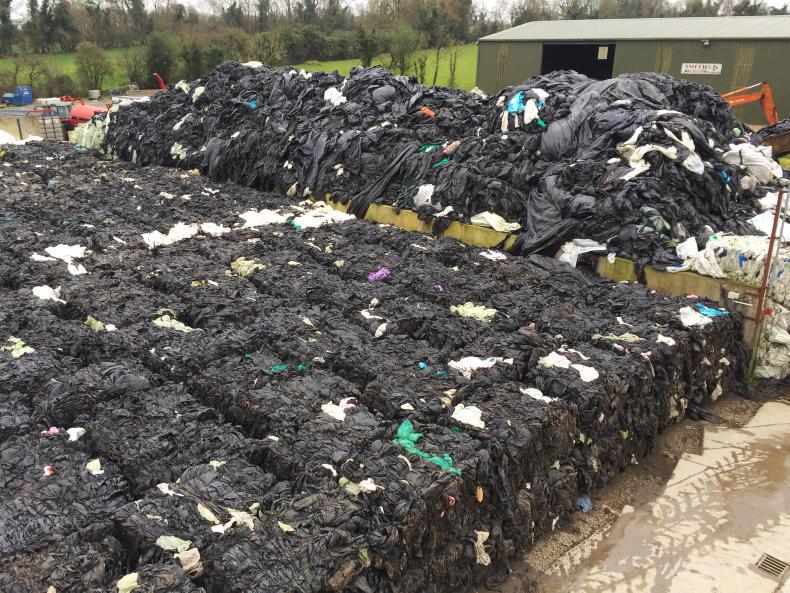
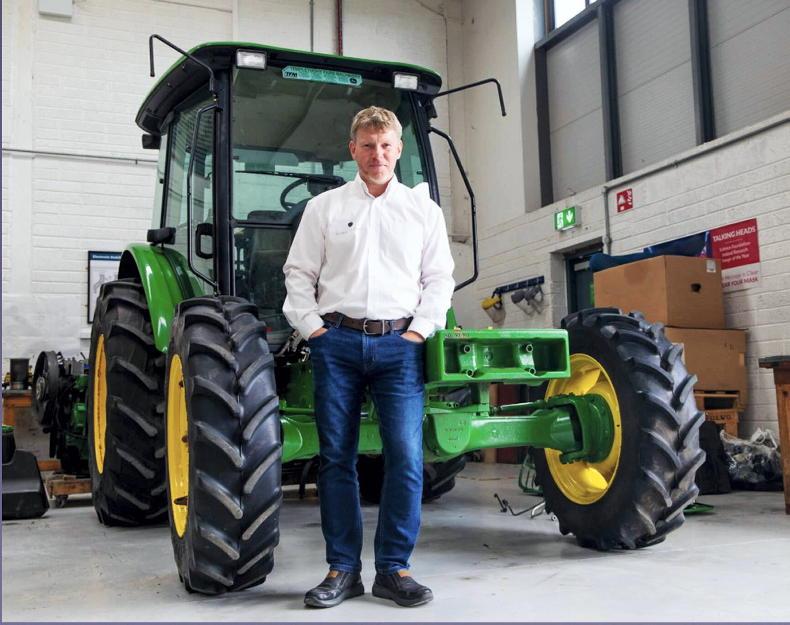

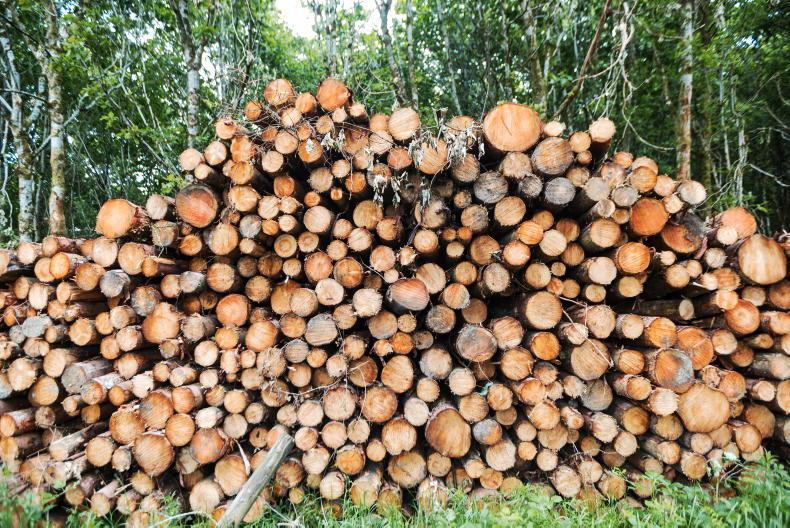
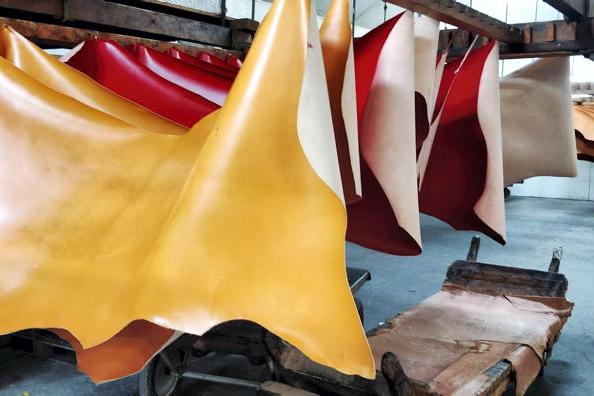
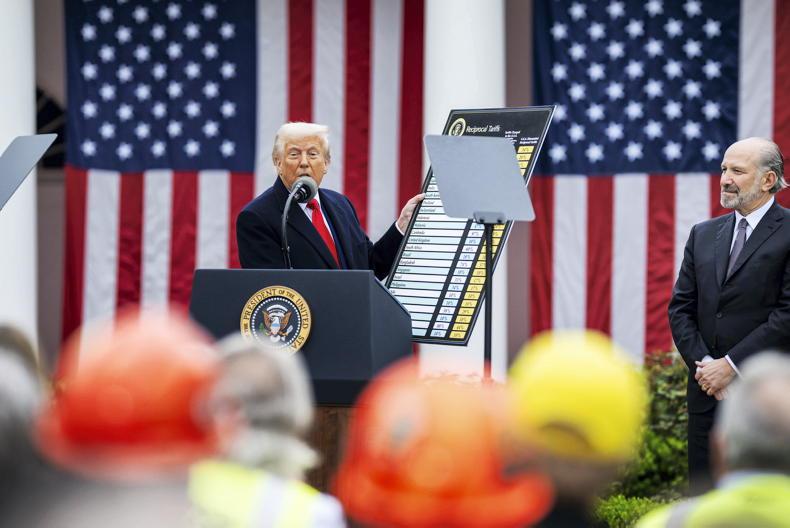
SHARING OPTIONS